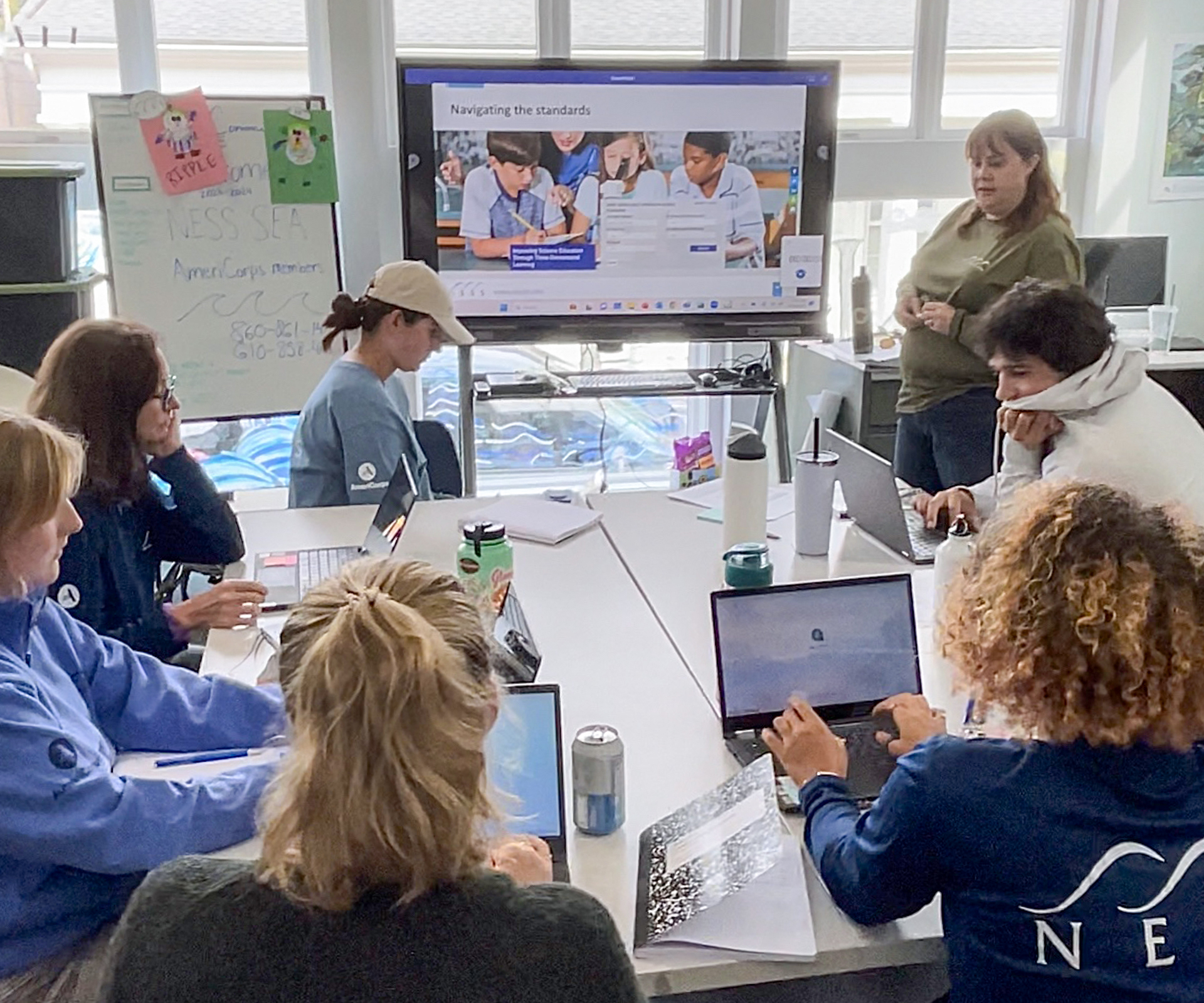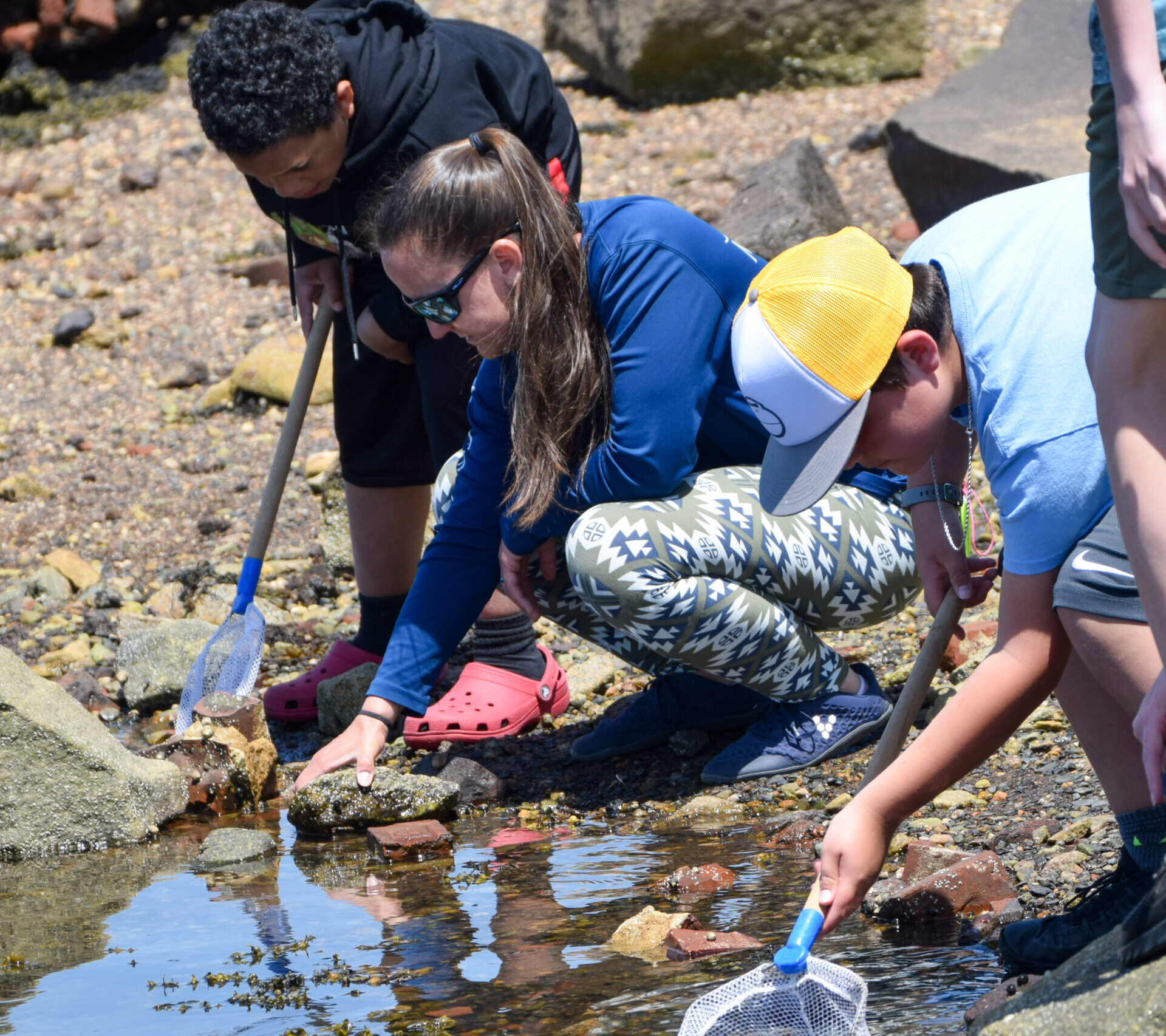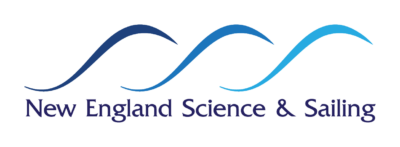NESS Supports Educators in Climate Change Curriculum

While climate change impacts surge, some U.S. students might not learn about it in their classrooms. Only two states require climate change curriculum. Connecticut became one of them last year, using the Next Generation Science Standards (NGSS), which is a voluntary national standard.
A National Center for Science Education survey found most schools cover climate change in class. The NCSE study also revealed that teachers might need more education on the topic themselves in order to teach students properly.
New England Science & Sailing (NESS) has partnered with many educators and schools in several states to fill that gap, including Jamie Giordano, Principal of Thames River Magnet School in Groton, Conn.
“What I love about NESS is that (they) design programs according to NGSS,” Giordano said. “They'll make a lesson fit to our needs. I don't think I've ever had a kid not want to go to a NESS lesson, honestly.”
NESS works with educators and schools to customize classroom, field, homeschool, and afterschool experiences for all K-12 students, that complement existing coursework with experiential learning platforms on and off the water. Lessons related to climate change range from Volcanos and Intertidal Zones to Global Climate Change, a course designed for a homeschool group course for students ages 12-18 this spring.
Students are currently exploring different aspects of global climate change and related problems, including the science and politics surrounding the issue. They will investigate sea level rise, ocean acidification, and extreme weather and discover how they all affect Long Island Sound. Finally, students will develop a plan to mediate an impact on Long Island Sound and interview climate scientists.
Megan Strand, M.S. Ed., Managing Director of Curriculum and Instruction for NESS, said the course experience is designed so that students will come away understanding the complex problem of global climate change scientifically and socially.
"Experiential learning, like our Global Climate Change course for homeschool and traditional school classrooms, is essential to bring the issue to life for students. These young people need to have a good understanding of the issue because they will be the future decision-makers dealing with problems that are bigger than they are today."


Beth Smith, who has been a part of NESS and its mission for almost nine years, said that experiential learning through NESS coursework is key to STEM-based curriculum and climate change education.
She saw this firsthand while conducting research for her thesis as part of her Master's Degree in Marine Affairs at the University of Rhode Island. The thesis involved a qualitative pilot study investigating the change in youth perceptions of single-use plastic straws before and after an educational intervention.
"I strongly believe if one person takes something they learned and uses it or passes it on, it’s making a difference. I strive to make a difference every chance I get when working with students," said Beth.
"With each student we reach at NESS through experiential learning, that is one more person that can help make a positive impact on their environment.”
K-12 Education
NESS offers a unique accredited and standards-based education model that empowers students with skills that impact academic outcomes. Our STEM-based curriculum includes marine science, sailing, power boating, and adventure sports as experiential learning platforms, on and off the water, for all students.
Experiential Learning that Enhances Student Skills
NESS provides experiential learning opportunities for students in unique and highly engaging ways through innovative, real-world experiences that are aligned with Next Generation Science Standards (NGSS) and Ocean Literacy Principles. The NGSS and Ocean Literacy Principles encourage students to understand learning as an interrelated world of inquiry and phenomena rather than a static set of disciplines and facts.
Stewardship at NESS
Maintaining a sustainable natural environment is one of our core values. At NESS, we believe that by building respect for one another and for our environment helps build strong character.Here are some of the ways NESS advocates for good stewardship.
Participating in the Unified Water Study
Using the Rozalia Project Marine Debris Tracker App
